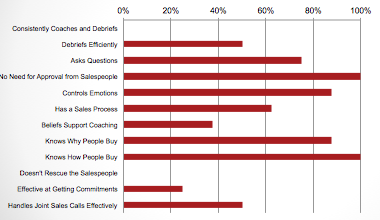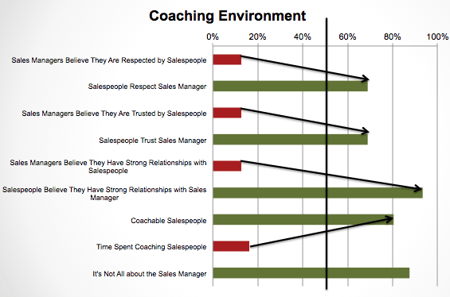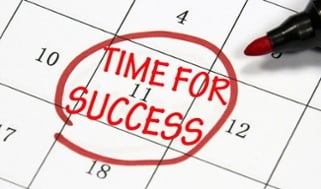Email jeni@anthonycoletraining.com to request a sample of the Coaching Findings form from the Objective Management Group’s Sales Effectiveness and Impact Analysis.
Mark Trinkle, our President and CSO, suggested I read a book by Seth Davis titled “Getting to Us: How Great Coaches Make Great Teams.” If you are a sports fan, or a fan of stories about how athletic coaches achieve success, this is a great read for you. But what really matters about this book are the stories around how these coaches achieved success and how they continue to do it today.

By “do it” I mean- how do they take a collection of people and get them to sacrifice individual objectives and come together to achieve great things? You will find that there are similarities in all of the coaches when it comes to drive, passion and an obsession with the game they love. They all have their own styles, quirks and mannerisms. But the ONE big thing they all have in common? COACHING!
They all believe that in order to get talent to perform at it’s very best, to perform at the level expected of them, regular coaching is required. One coach in particular caught my attention when it came to the coaching aspect of their success. That coach is Jim Boeheim – head basketball coach at Syracuse. In the book, he makes a comment that at Syracuse they don’t have the same draw to get those McDonald's All American kids that Duke, Kentucky, Michigan and Kansas have. And so, with the kids he does have, he really has to ‘coach them up.’
COACHING COMPETENCY

What does it take to be a great coach? First it takes managers that have the coaching competencies you see above. All 12 of these skills/behaviors are critical to effective coaching but the competency listed at the very top is the most critical! If a manager has ALL the skills but doesn’t coach and debrief consistently, then the rest doesn’t matter.
Second, you have to have a GREAT coaching environment. As you can see below, 80% of the team is coachable but only 12% of the managers believe they are respected, trusted, and have strong relationships with producers.

And finally, you have to have coaches that are focused on the right things:
- Opportunity coaching
- Coaching to challenge
- Tactical sales
- Strategic sales
- Sales process
Absent coaching in these areas creates an environment where salespeople are prone to repeat mistakes over and over, fail to improve skill or change behaviors.
To reference back to Coach Boeheims' story about Syracuse- your situation is probably similar. You don’t get the chance to recruit the McDonald's All American sales dudes or dudettes. You get good people but they need coaching- and lots of it! Having said that, keep this in mind—even though Michigan, Kansas, Kentucky, UConn (Women's Basketball) and Duke get the best of the best- guess what? They still require coaching!
If you need to figure this out, to grow and reach your sales growth opportunity, sign up for our free live broadcast on "The 8 Strategies to Reach Your Company's Sales Growth Opportunity". We will be sharing a research based methodology to sales management that you can execute on immediately!



